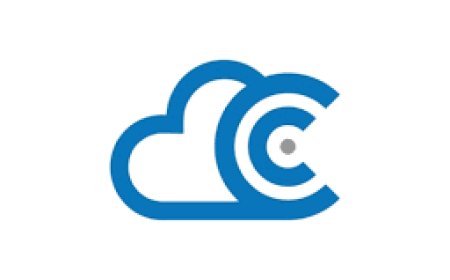How ERP is Healing Healthcare Operations: From Clinics to Compliance

A digital transformation affects the healthcare sector where ERP systems serve as essential tools for this transition. Healthcare organizations have typically shown resistance to enterprise technology adoption yet decision-makers now accept integrated systems due to increasing healthcare operational complexity. Through the best erp software Saudi Arabia organizations obtain one centralized interface which streamlines operational procedures for patient record management together with medical inventory tracking and compliance verification. Healthcare facilities experience better efficiency and improved patient care and enhanced visibility across different departments because of this system.
The Complexity of Healthcare Operations
Healthcare institutions operate multiple connected operational areas. Each healthcare structure from patient scheduling to doctor schedules and pharmaceutical stock management and billing and insurance processes require complete harmonization. The disorganization of information across multiple systems causes operational inefficiencies as well as duplication and errors. The separated healthcare data system creates additional administrative workloads and produces negative effects on medical treatment quality. ERP software solves these issues by combining these different functions under one real-time system which enables physicians to reach more precise and expedited decisions.
Improving Patient Management through ERP
ERP systems demonstrate their most important effect in healthcare through improved patient management capabilities. A healthcare system records and tracks patient information throughout the entire system as soon as patients enter any medical facility. The system stores complete patient information beginning with registration facts plus healthcare information starting from history to testing outcomes to therapeutic plans and appointment arrangements. The availability of information through an ERP system enables doctors and administrative staff to access patient data at every point which decreases both patient care errors and treatment slips. The system enables medical staff to deliver personalized care because it provides a comprehensive view of patients' medical histories along with their current requirements.
Inventory and Supply Chain Optimization
ERP systems create substantial differences by improving inventory management operations. Medical facilities need a broad assortment of healthcare supplies which includes drugs alongside surgical instruments and diagnostic instruments. Both situations where essential items run out and when there is too much stock result in financial losses and safety hazards. Healthcare organizations can achieve correct inventory levels through their ERP system because the software tracks item use patterns while predicting demand and executing automated reorder systems. Organizations maintain full inventory visibility through real-time status tracking to prevent stock shortages that allow providers to keep essential materials accessible during critical times.
Financial Management and Cost Control
Healthcare financial management requires extensive expertise to handle billing together with insurance reimburses as well as payroll together with operational expenses. ERP software consolidates financial procedures into one unified system which guarantees accurate and consistent operations. The combination of automated billing processes with insurance system integration through ERP helps organizations decrease payment delays as well as minimize errors within insurance claims procedures. The real-time financial reports enable administrators to track budgets and discover cost-saving possibilities and guarantee efficient resource distribution.
Regulatory Compliance and Reporting
Healthcare institutions must address compliance issues as their top concern. Strict oversight through patient privacy regulations such as HIPAA and financial audits with safety standards controls the healthcare industry. The accounting software in saudi arabia support compliance requirements through data standardization methods and automated documentation processes while also creating reports that fulfill audit requirements. The system implements built-in access controls together with tracking features which guarantee authorized personnel access to sensitive patient information. The combination of accurate record keeping features and simple reporting capabilities in ERP systems protects healthcare administrators from possible violations and associated penalties thus providing reassurance.
Enhancing Interdepartmental Communication
The absence of efficient communication remains a widespread challenge between different departments in healthcare facilities. Hindered operations can occur when doctors do not receive timely lab results alongside when pharmacy teams do not match well with procurement teams. The central system provided by ERP software creates department connections which eliminate important communication barriers. The system enables smooth information exchange between departments to help staff work together better. Better communication through this system enhances operational speed while delivering better care quality to patients.
Conclusion:
The current fast-paced healthcare environment requires healthcare organizations to move away from manual processes and isolated software solutions because they no longer provide sustainable operations. ERP systems provide healthcare organizations with an intelligent system that delivers integrated comprehensive management of complicated healthcare requirements at scalable levels. ERP stands as a fundamental component for delivering quality healthcare because it enhances operational efficiency as well as patient care and compliance and financial management systems. Healthcare providers such as clinics and hospitals use ERP as a strategic investment which determines their future business outcomes.






































